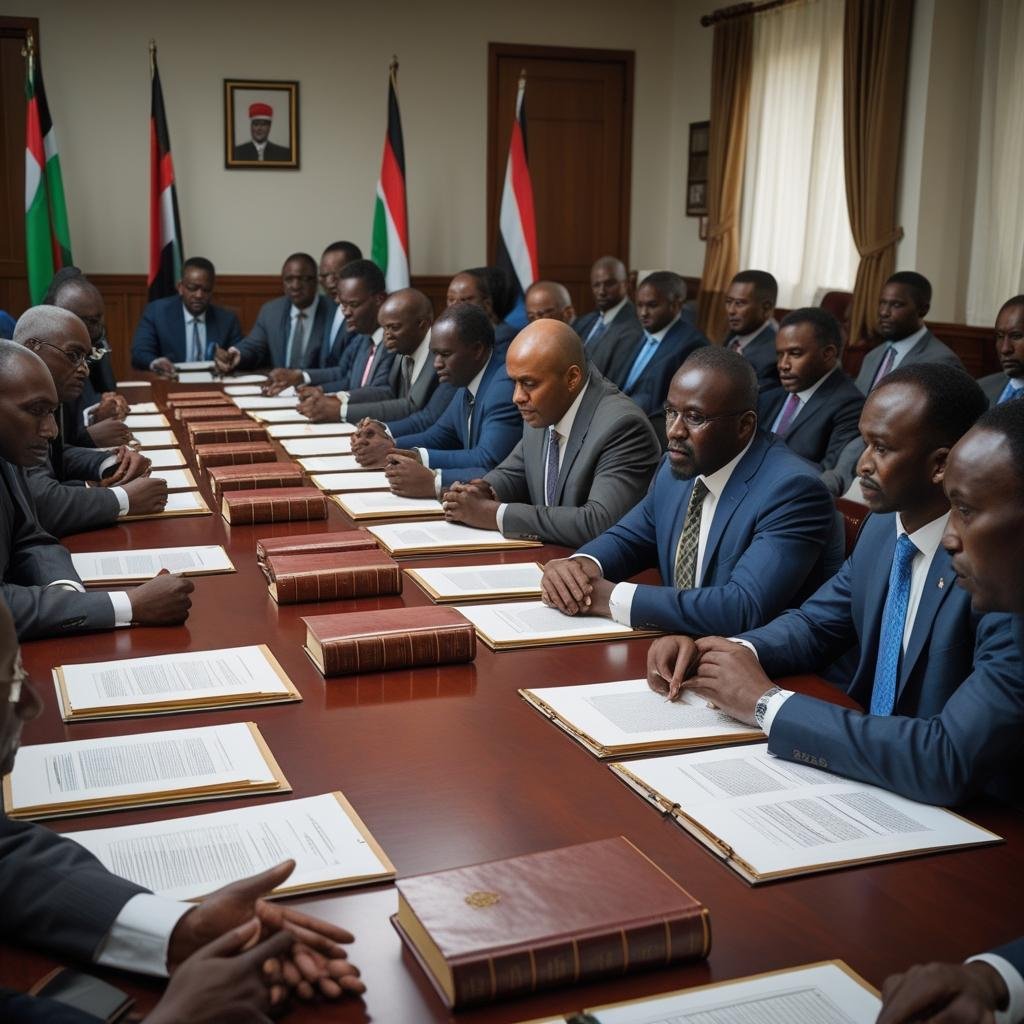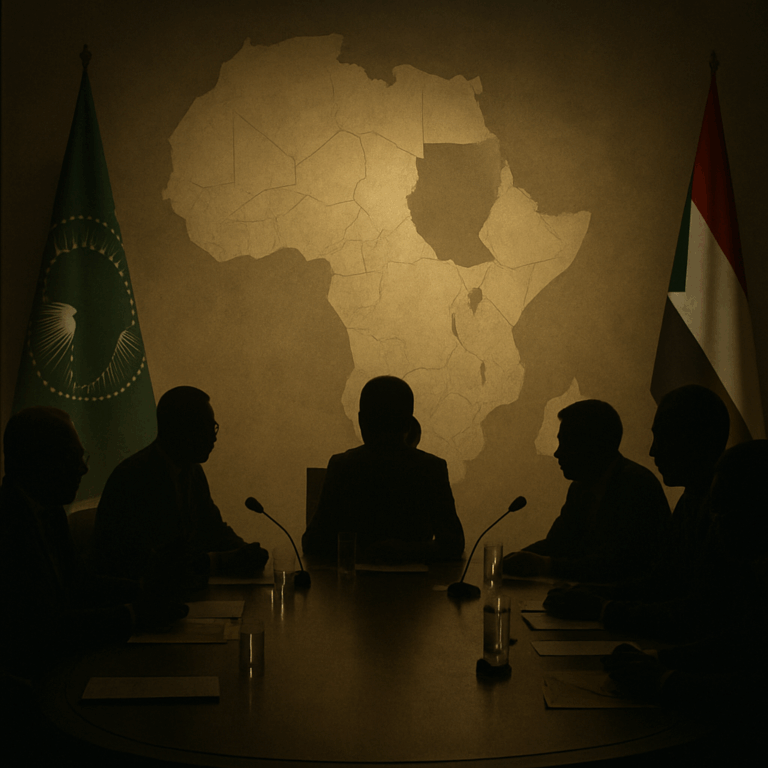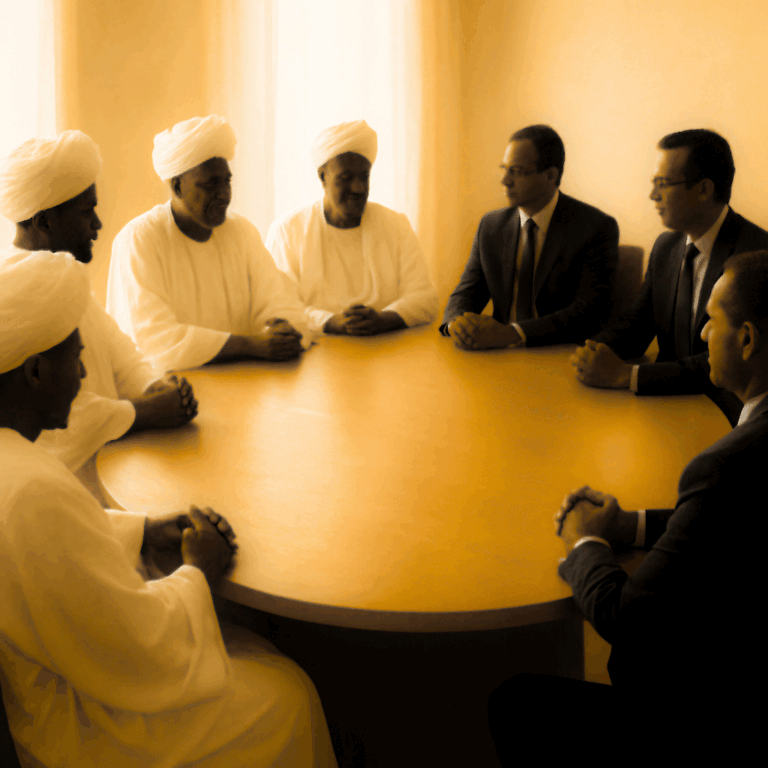Abstract
This paper critically examines the Juba Peace Agreement (JPA) and its implications for state-building efforts. It points out that despite its intention to promote inclusivity and address long-standing grievances, the JPA has led to increased political fragmentation and power struggles. The agreement aimed to create equitable governance through power-sharing among diverse actors; however, it strengthened elite capture and hindered effective governance. The military’s strategic maneuvering exploited the JPA, fueling tensions and ultimately leading to the exclusion of civilian actors. Consequently, the JPA’s implementation resulted in institutional paralysis, highlighting that successful peace agreements require not only power-sharing but also genuine commitment to reform and inclusivity.




